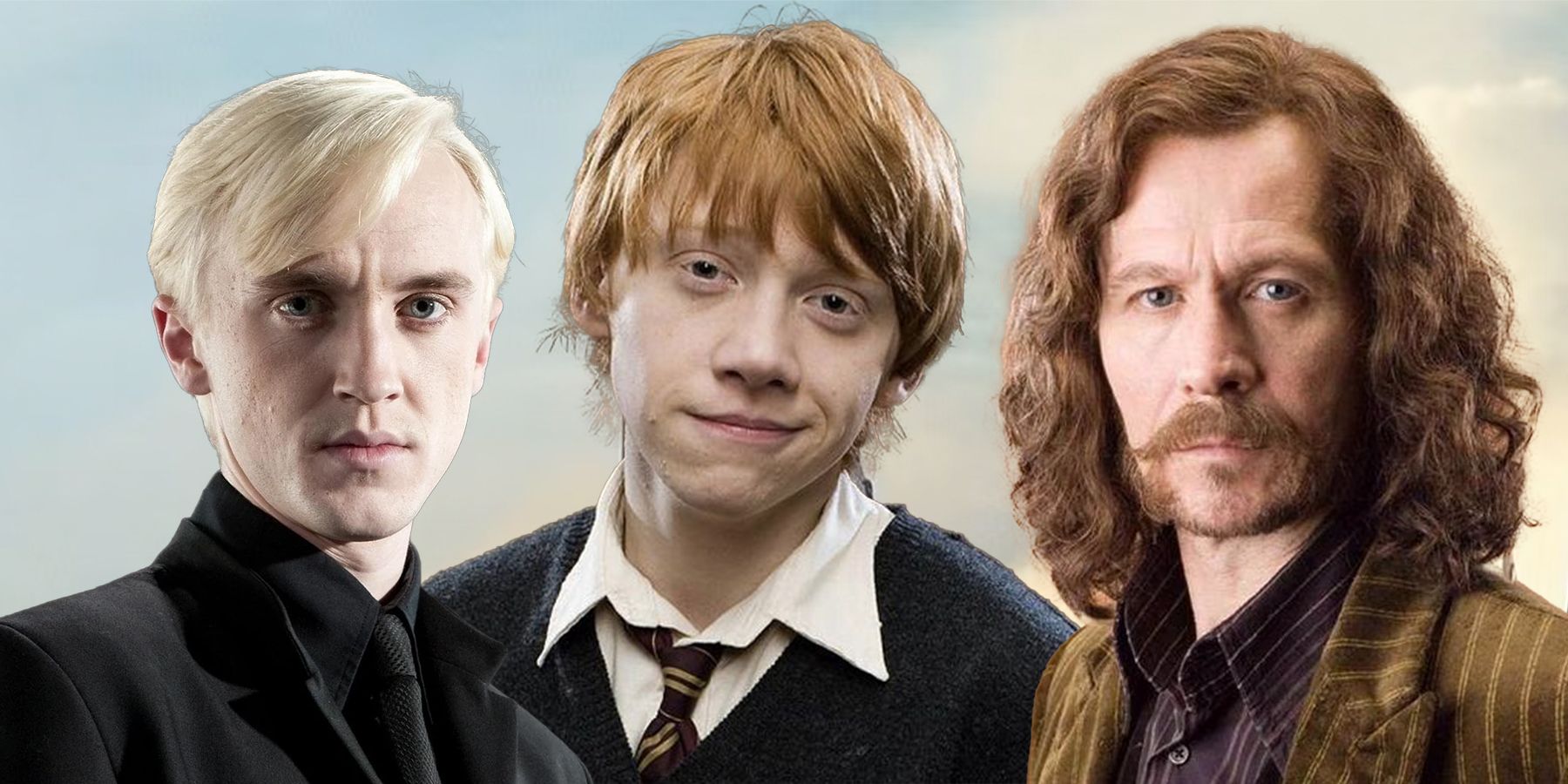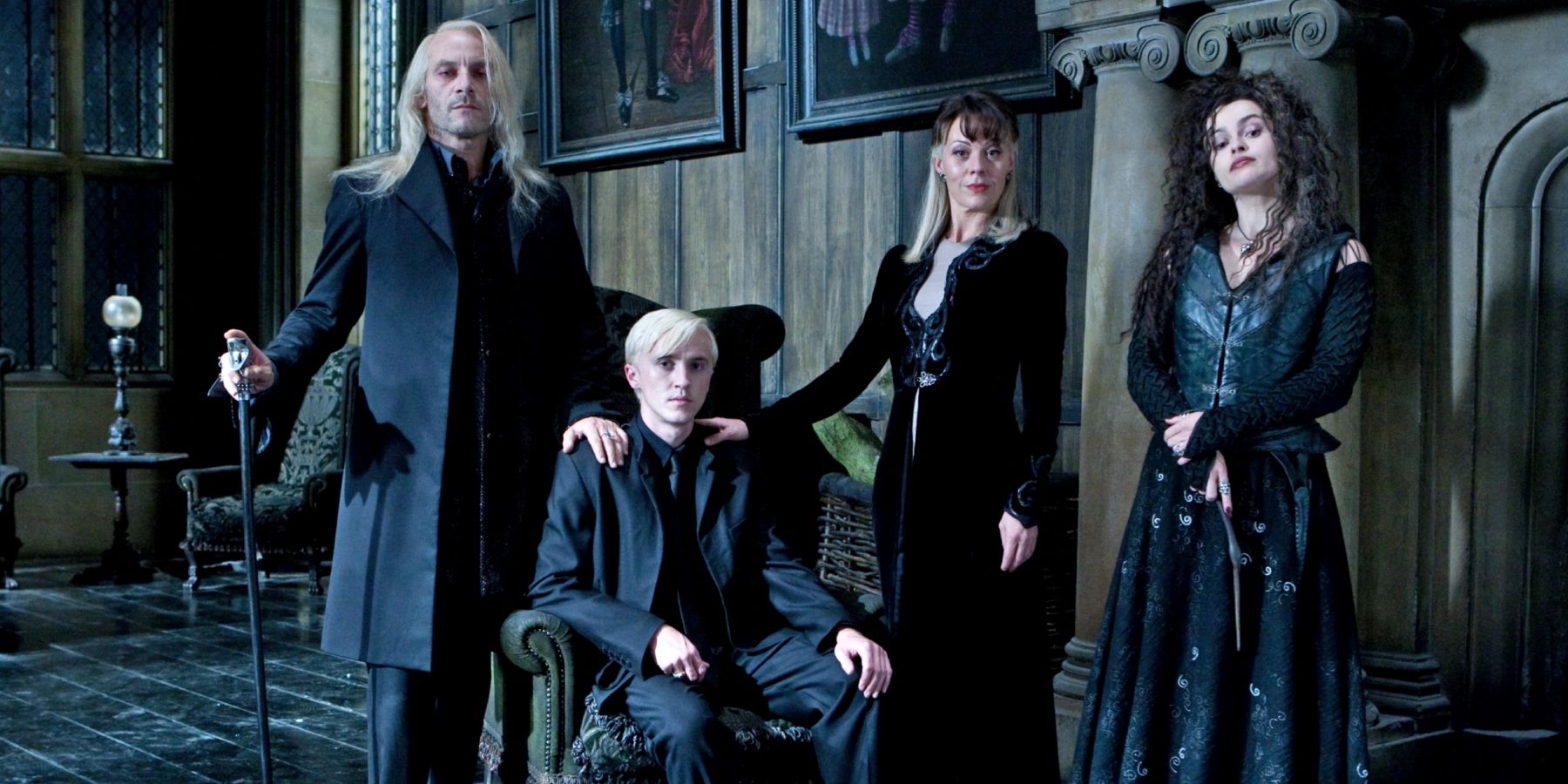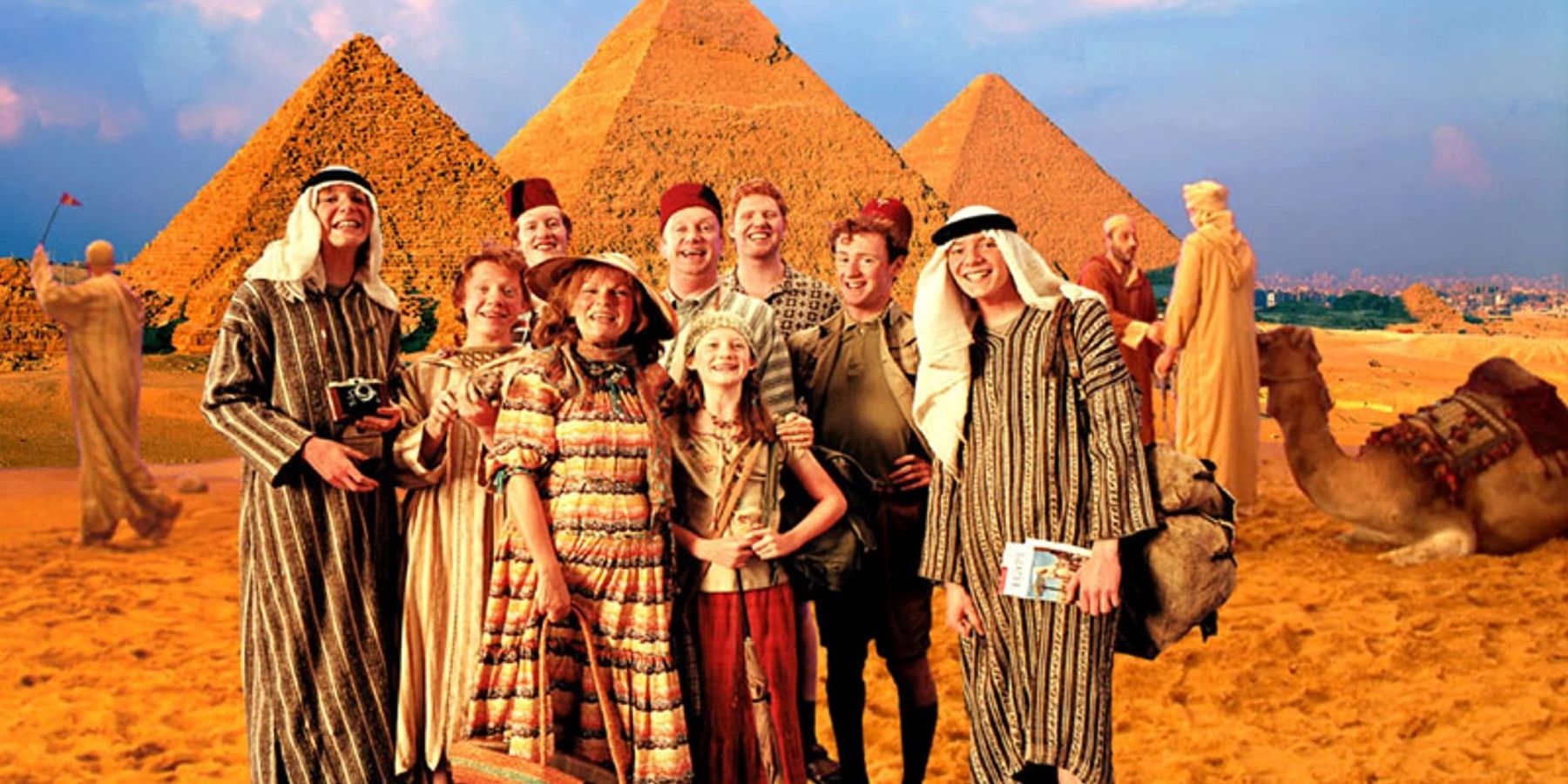Highlights
- Blood purity in the wizarding world is a contentious topic, with some advocating for it and others promoting inclusivity and unity.
- Most wizards reject the notion of blood purity, believing that a wizard's worth is defined by their character and actions, not their ancestry.
- The Malfoy and Black families are well-known pure-blood families, while the Weasleys are an example of a pure-blood family that rejects pure-blood supremacist beliefs.
Blood purity, as it’s perceived in the wizarding world, is far from a straightforward matter. It remains a subject of both pride and criticism, and it has sparked countless debates amongst wizards. On one hand, there are those who advocate for blood purity, believing that a magical lineage untainted by Muggles is the key to preserving the strength and traditions of the wizarding world. On the other hand, there are those who believe that magical abilities should be celebrated regardless of one’s bloodline, advocating for a more inclusive and united wizarding society. By the time the Harry Potter saga takes place, a vast majority of wizards have at least some degree of Muggle ancestry. However, there are a few families who have maintained a pure-blood status for generations. Who are some of the most notable ones?
Most wizards in Harry Potter, even if they come from pure-blood families themselves, reject the notions of blood purity. They argue that it is one’s character, choices, and actions that truly define a wizard’s worth, not their ancestry. Most of those who take great pride in their pure-blood status have managed to preserve it by only marrying other pure-bloods (sometimes even taking it to the point of inbreeding), becoming well-known families within the wizarding world.
When Is a Wizard Considered Pure-blood?
In this day and age, most wizards are what is considered half-blood. Contrary to belief, a half-blood status doesn’t only mean a wizard has one magical parent and one Muggle parent; it covers a wider spectrum. Any wizard with parents or grandparents with both Muggle and magical heritage is considered half-blood, regardless if they have two wizard parents. For example, although both Harry Potter and Ginny Weasley are wizards with magical parents, their children are still considered half-bloods since Harry’s mother was a Muggle-born. A wizard is only deemed pure-blood when their ancestry is untainted by Muggle or non-magical heritage.
This term “pure-blood” is usually associated with Salazar Slytherin, one of the Hogwarts founders, who believed wizards with Muggle parentage shouldn’t be allowed at the school. Many pure-bloods consider themselves to be elite, if not royalty, and look down on Muggle-borns and sometimes even half-bloods. It is important to note, however, that wizards would have likely gone extinct if they hadn’t married Muggles at some point, and a wizard’s blood status has no impact on their magical abilities; their “magical gene” is identical regardless of their blood status.
Who Are the Most Famous Pure-blood Families?
The Malfoy family is one of the most renowned pure-blood families in the wizarding world. With a lineage stretching back generations, the Malfoys take great pride in their status and hold pure-blood supremacist beliefs. Unlike some families, who required their members to only marry other true pure-bloods, which eventually had led to inbreeding, the Malfoys had allowed for marrying half-bloods if needed. Lucius Malfoy married Narcissa Malfoy (Black), from the pure-blood Black family. Their son, Draco Malfoy, later married Astoria Greengrass, from another renowned pure-blood family. Their son, Scorpius, is arguably one of the few wizards from his generation with no known Muggle heritage.
The Black family is another prominent pure-blood family, and its members are a study in contrasts. While the Blacks are proud of their pure-blood heritage, their history is marked by both great and sinister members. Sirius Black, for instance, rejected his family’s dark legacy and their pure-blood supremacist beliefs. Bellatrix Lestrange, on the other hand, became an infamous Death Eater. Other famous Black family members such as Regulus Black and Narcissa Malfoy, held a deep pride for their pure-blood status and associated themselves with the Dark Lord, but both eventually betrayed him and redeemed themselves to some extent. The Black’s pure-blood lineage was extinguished after the death of Sirius Black, although it continued indirectly through Scorpius Malfoy.
In contrast to the Malfoys and the Blacks, the Weasleys are a pure-blood family known for their warmth and support for one another. They actively reject the pure-blood supremacist ideology, and are inclusive and supportive of Muggle-born wizards. Arthur Weasley holds a position in the Ministry of Magic and is fascinated by Muggle culture and their inventions. The Weasleys perfectly showcase that not all pure-blood wizards hold the same beliefs. Their family continued not caring about one’s blood status, and most of the Weasley children married and had children of their own. Most notably, Ginny Weasley married Harry Potter, a half-blood, and Ron Weasley married Hermione Granger, a Muggle-born, and their family’s legacy continued far beyond their magical heritage.
Among the pure-blood families in Harry Potter, there is a group that has been regarded as the epitome of magical purity. Back in the 1930s wizarding world, the Pure-Blood Directory was published, and it contained 28 families believed to have no Muggle ancestry or affiliation. Known as the “Sacred Twenty Eight,” these famous wizarding families were the only ones to still be deemed “truly pure-blood” by the 1930s, although many of these families would go extinct in the future, or some of their descendants would go on to marry non-pure-bloods. The list included families such as the Malfoys, the Blacks, the Gaunts, the Crouchs, the Lestranges, the Greengrass, the Longbottoms, the Slughorns, and the Weasleys. While some families were proud about their inclusion on the list, others, like the Weasleys, actively spoke against it.






